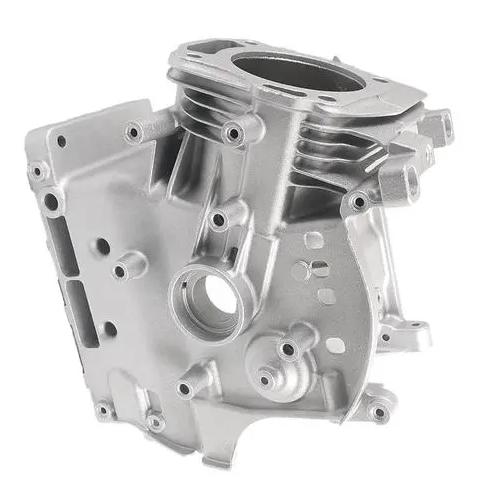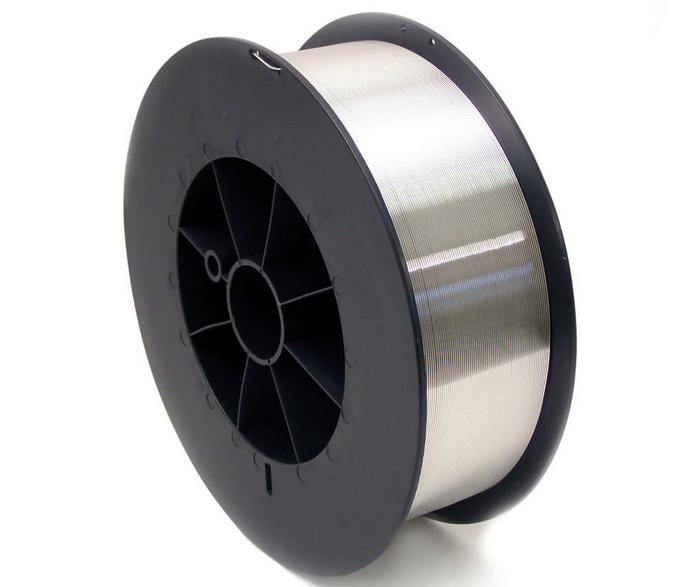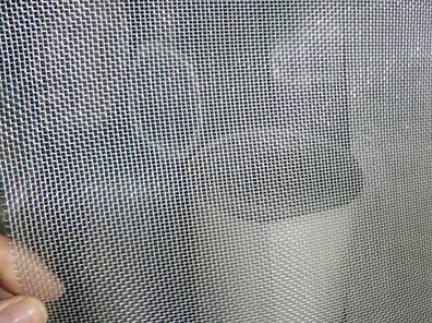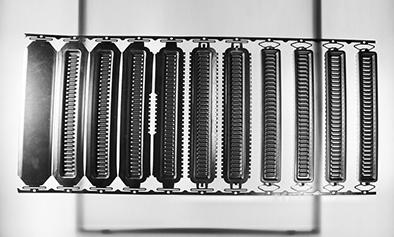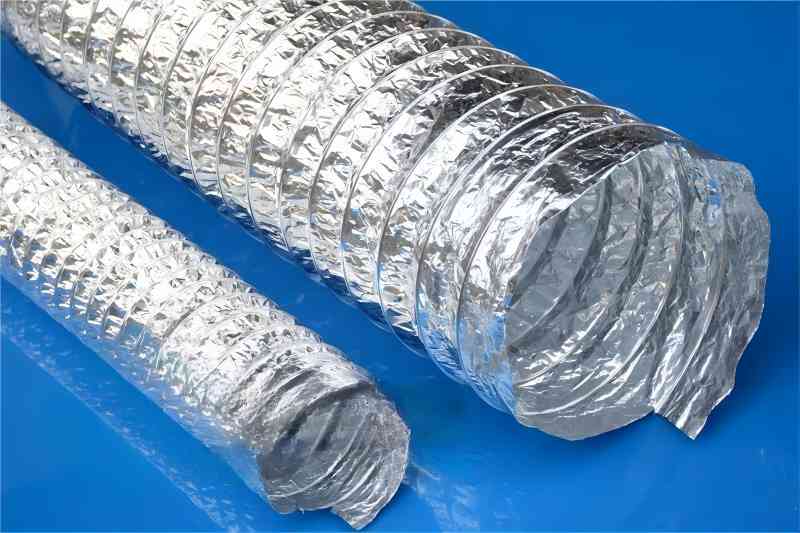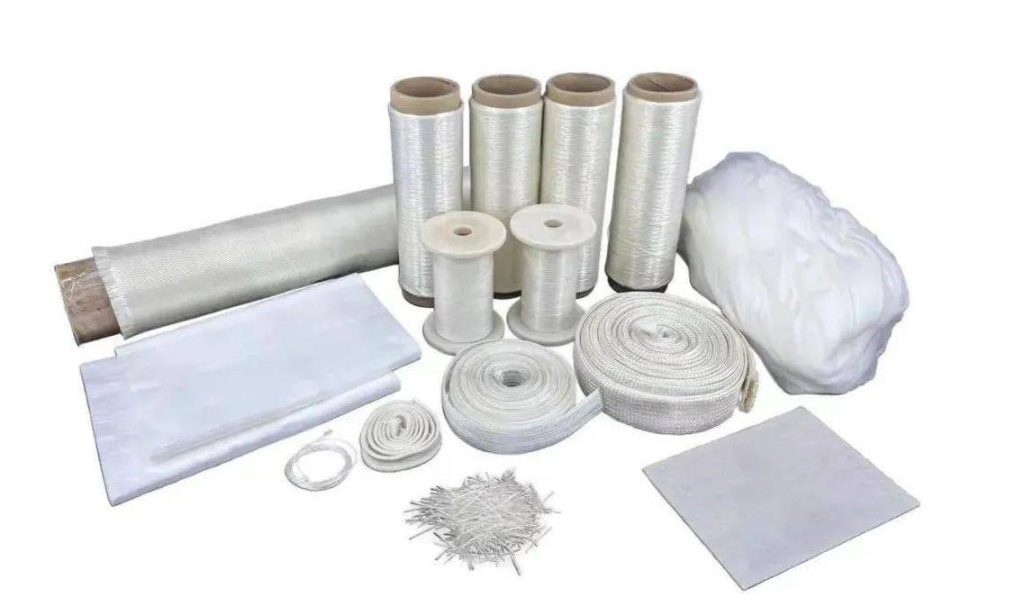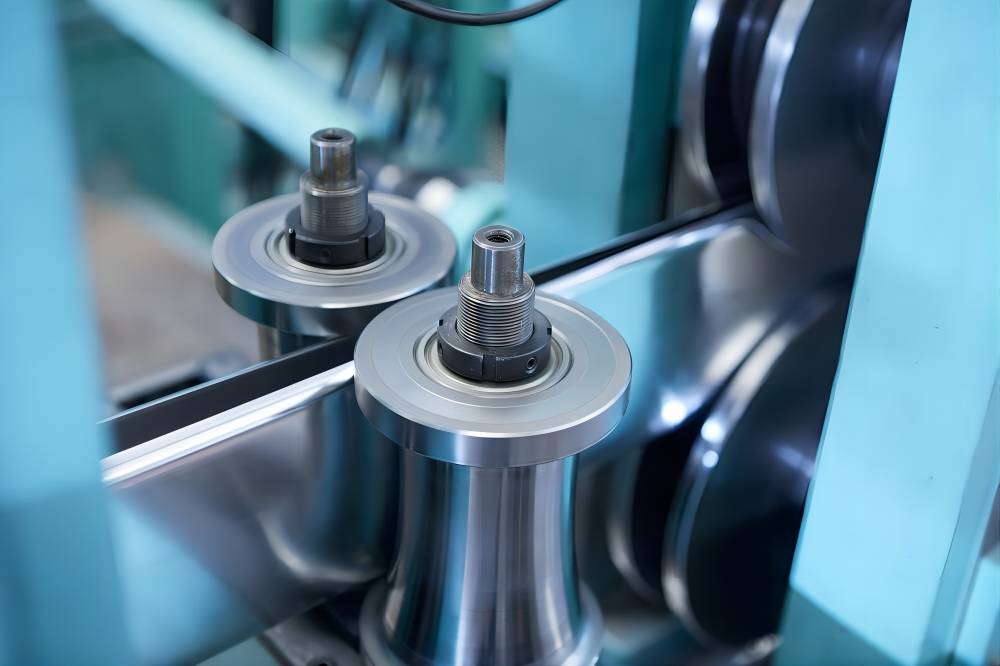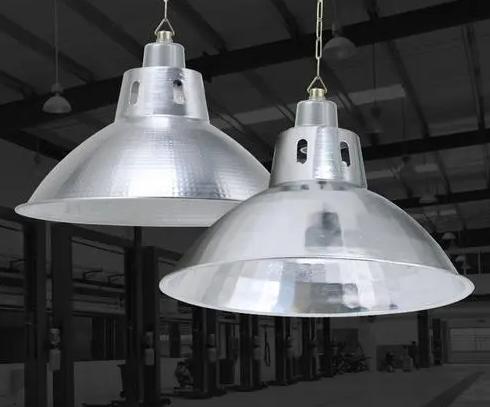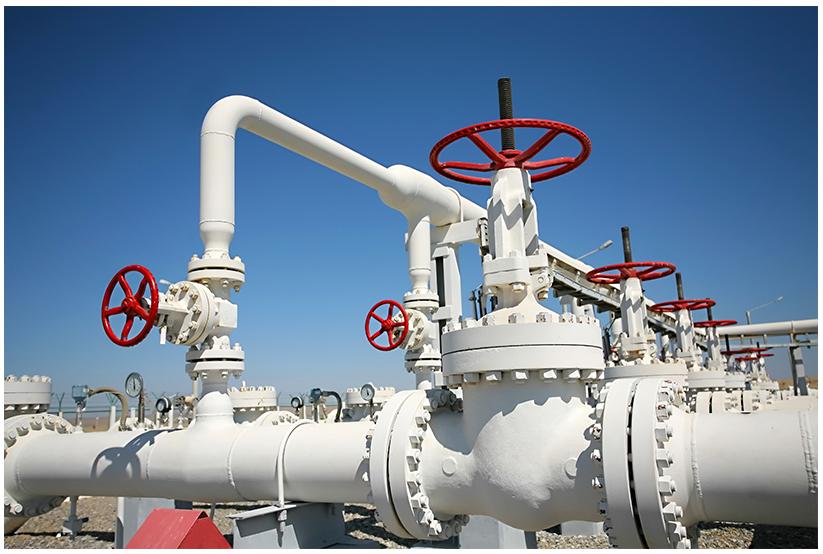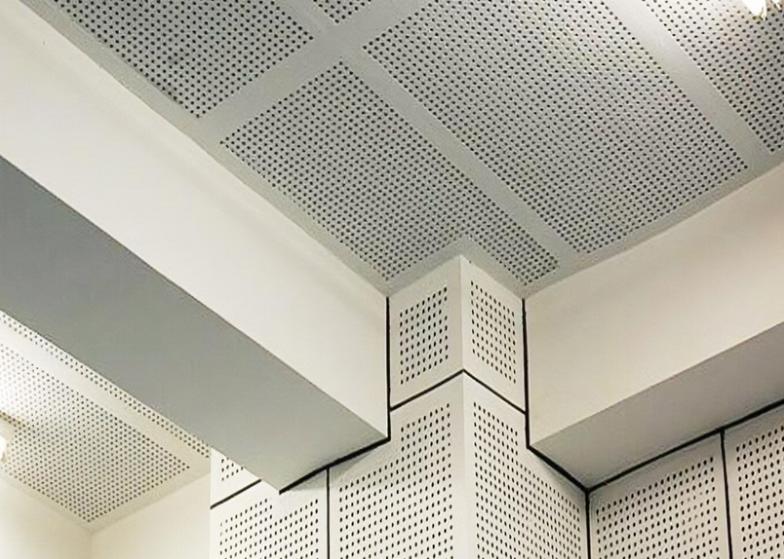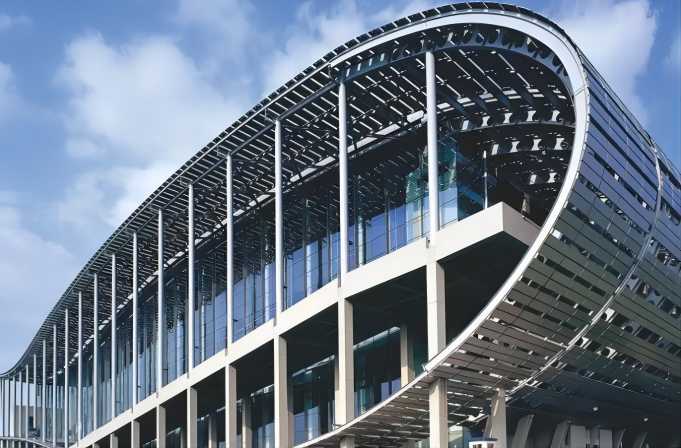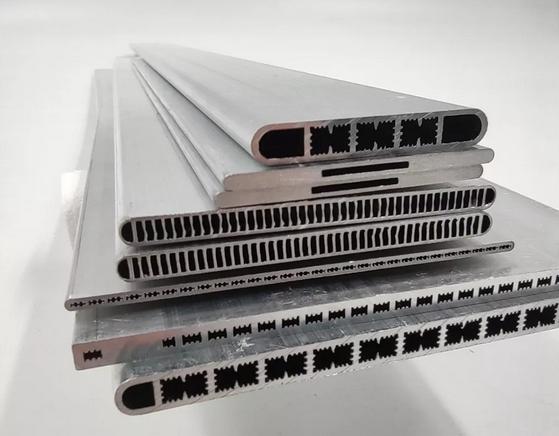Aluminum Die Casting for the Automotive Industry: Driving Innovation and Efficiency
The automotive industry is a dynamic landscape where innovation, performance, and efficiency are paramount. In recent years, aluminum die casting has emerged as a game-changer, revolutionizing the manufacturing processes within the…
Navigating the World of Aluminum MIG Wire: Choosing the Right Wire for Your Needs
Aluminum MIG welding is a versatile and efficient method for joining aluminum components. This process utilizes a consumable electrode, known as aluminum MIG wire, to create a strong and durable…
The Role of Aluminum Wire Mesh in Automotive Applications
Aluminum wire mesh has become an integral component in the automotive industry, playing a crucial role in enhancing vehicle aesthetics, performance, and fuel efficiency. Its unique properties of lightweight, durability, and…
The Role of Aluminum Stamping Parts in Consumer Electronics
Consumer electronics have become an indispensable part of our daily lives, and behind the sleek and sophisticated designs of smartphones, laptops, and other gadgets lies a crucial element—aluminum stamping parts…
Aluminum Foil: A Versatile Material with Diverse Applications
Aluminum foil, a thin, lightweight, and flexible sheet of aluminum, has become an indispensable material in modern society. Its remarkable properties, including its ability to block light, heat, and moisture,…
Alumina Fiber: Unleashing the Power of High-Performance Material
Alumina fiber, also known as aluminum oxide fiber, is a high-performance inorganic fiber with exceptional properties that make it suitable for a wide range of applications. Its main component is…
Aluminum Battery Covers: A Comprehensive Review of Materials, Design, and Manufacturing
Batteries are the lifeblood of our modern, mobile society, powering everything from smartphones to electric vehicles. As the demand for more efficient and sustainable energy solutions grows, manufacturers are constantly…
Shaping Light, Shaping Design: The Versatility of Aluminum LED Casing
In the realm of contemporary design and technology, the marriage of form and function has never been more profound than in the realm of lighting. With the advent of LED…
Why Seamless Aluminum Tubes Are the Preferred Material in the Chemical, Oil, and Gas Industries
Seamless aluminum tubes are a versatile material that is used in a wide variety of applications, including the chemical, oil, and gas industries. In these industries, seamless aluminum tubes are often…
Unveiling the Benefits and Types of Aluminum Fiber Sound-Absorbing Panels
In today’s world, where noise levels are constantly rising, the need for effective soundproofing solutions has become increasingly important. Aluminum fiber sound-absorbing panels have emerged as a versatile and efficient solution for…
What Are the Aluminum in Construction?
Aluminum has become an indispensable material in the construction industry, owing to its exceptional properties that make it an ideal choice for a wide range of structural applications. Lightweight, durable, and…
Microchannel Aluminum Tubes: A Key Technology for Next-Generation Automotive Air Conditioning
Microchannel aluminum tubes are a new type of refrigerant carrier pipe that is widely used in automotive air conditioning systems. They are made of aluminum alloy and have a very thin…

